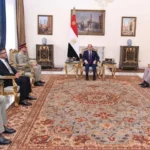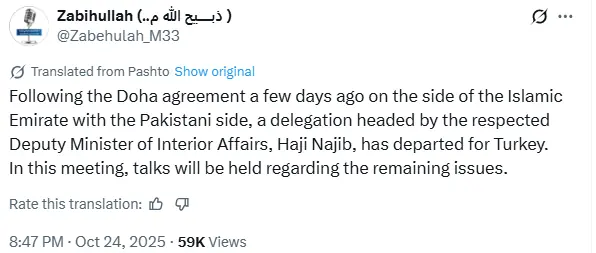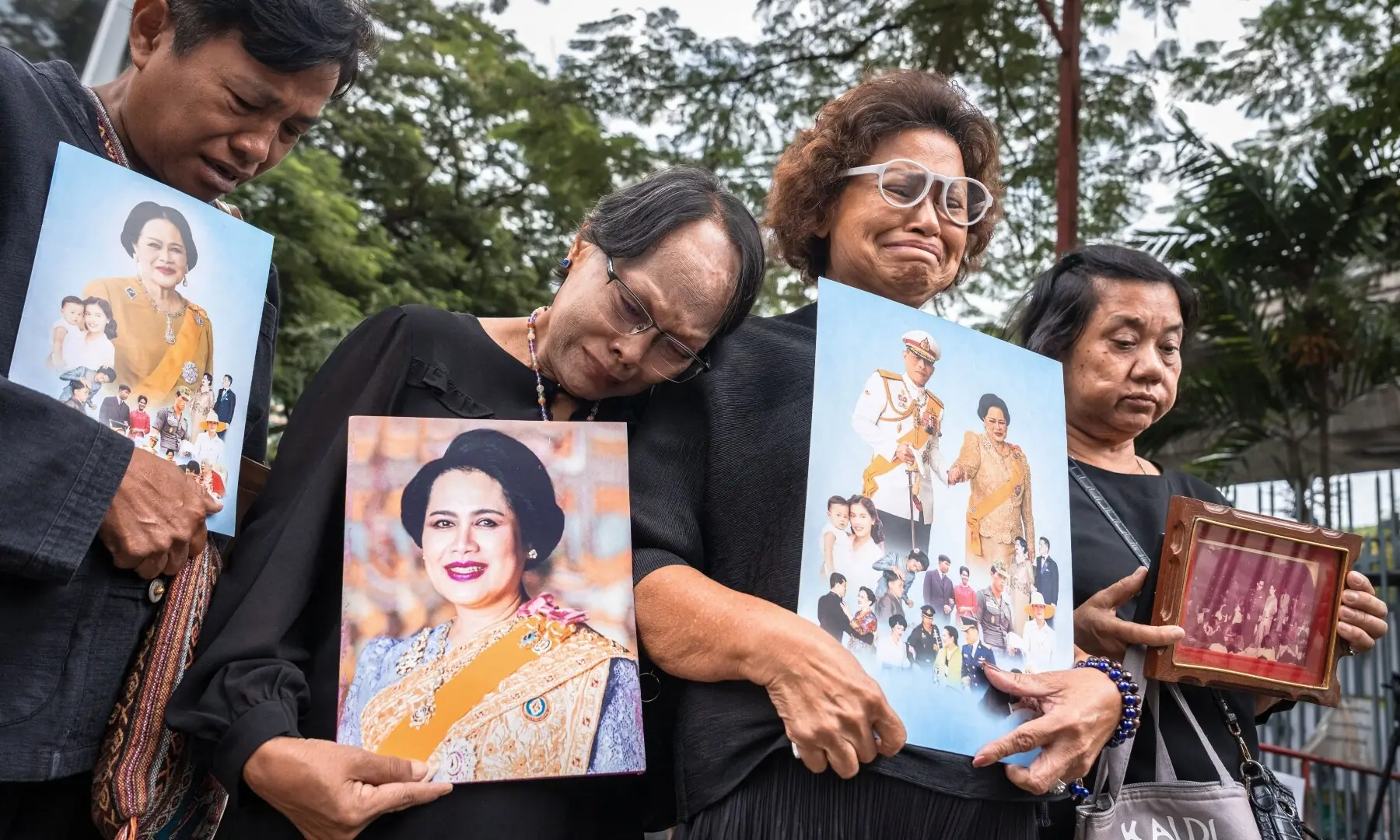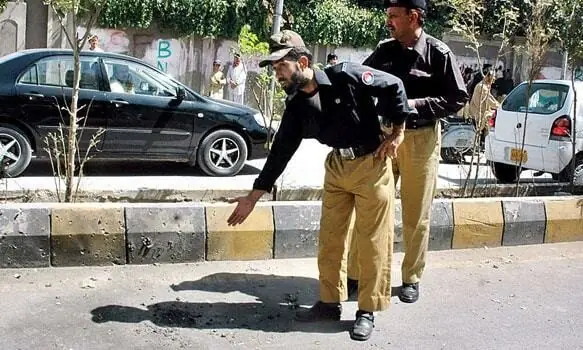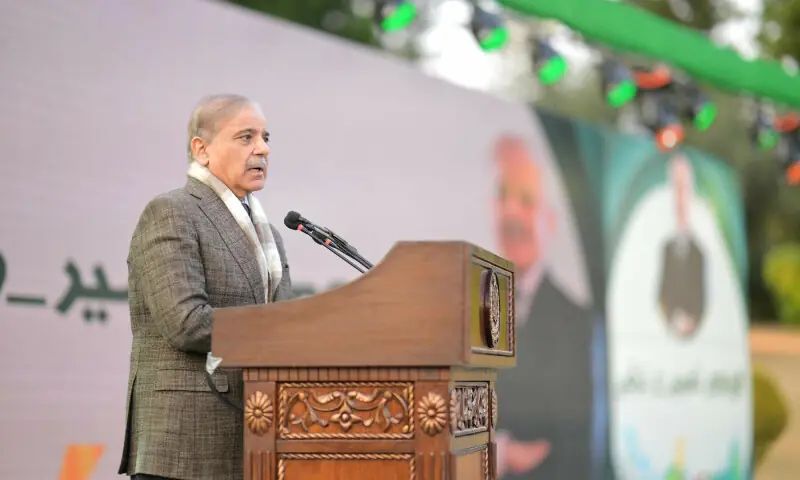A second round of talks between Pakistan and Afghanistan began in Istanbul on Saturday, in which Islamabad is studying a “concrete” mechanism to monitor the actions of the Afghan Taliban aimed at preventing cross-border terrorist attacks.
Today’s meeting follows the first round of talks between Pakistan and Afghanistan, jointly mediated by Qatar and Turkiye, in Doha on October 18-19.
The talks with Qatar came after days of fighting along the Pakistan-Afghanistan border – where trade is still closed – and attacks by Islamabad on the Gul Bahadur group’s camps in Afghanistan. The agreement reached in Doha extended an initial 48-hour truce and resulted in a permanent ceasefire, as well as a commitment to meet again in Istanbul to work on mechanisms for lasting peace and stability between the two countries.
“Pakistan looks forward to the establishment of a concrete and verifiable follow-up mechanism at the next meeting to be organized by Turkiye in Istanbul on October 25, 2025, to address the threat of terrorism emanating from Afghan soil towards Pakistan and prevent further loss of lives of Pakistanis,” said new Foreign Office (FO) Spokesperson Tahir Hussain Andrabi, in his first weekly meeting. press conference yesterday.
According to the spokesman for the Afghan interim administration, Zabihullah Mujahid, the Afghan delegation would be headed by Mawlawi Rahmatullah Najeeb, deputy minister of the Ministry of the Interior, the Turkish news agency reported. anadolu reported.
“The remaining issues [with Pakistan] It will be discussed at the meeting,” Mujahid said in a post on X last night, adding that the Afghan delegation had left Kabul for Istanbul.
In essence, Doha produced the political breakthrough, while Istanbul is expected to put it into practice by defining what constitutes cross-border terrorism, how violations will be verified, and how disputes will be resolved.
The Istanbul round offers an opportunity to move from a temporary calm to a structured and verifiable peace framework with mechanisms for monitoring, verification and sustained dialogue through technical committees.
Turkish officials have indicated that a technical committee in Istanbul will review the details of the ceasefire, including terrorism, migration and border security.
In today’s talks, Pakistan is expected to seek concrete and verifiable commitments from the Afghan side to eliminate the threat of the banned Tehreek-i-Taliban Pakistan (TTP) from its territory, which Pakistan says uses Afghan soil to launch cross-border attacks.
The agenda includes dismantling known TTP sanctuaries, arresting or expelling key figures, and defining clear timelines and benchmarks for measurable actions such as raids, arrests, and destruction of safe houses.
To ensure implementation, Islamabad plans to propose mechanisms for intelligence sharing, cross-border coordination and real-time monitoring of militant movements and their financing.
Pakistan also supports the establishment of a third-party monitoring structure, potentially co-chaired by Turkiye and Qatar, to verify progress and address non-compliance.
Other priorities will include ensuring Afghan guarantees not to provide safe havens to hostile groups, strengthening border control, ensuring financial transparency over the financing of militants, and holding regular review meetings to assess compliance.
The truce agreed in Doha has largely held and no major terrorist attacks have been reported since, according to the FO.
“We are participating in the second round of talks in Istanbul with the same sincerity of purpose, with the same sincerity of intention with which we participated in Doha,” Andrabi said yesterday.
“During the Doha talks, the basic objective was to stop terrorist attacks from Afghan soil towards Pakistan.
“And in order to do so, we should have an empirical and verifiable mechanism to determine that the Afghan Taliban regime in Kabul is taking concrete steps to stop such attacks,” the FO spokesperson said.
He said the continuation of the ceasefire demonstrated the progress made in Doha.
“Indeed, the talks and results in Doha were fruitful. We would like to see the trend continue in Istanbul and after Istanbul,” Andrabi added.
‘Trusted partner of Turkiye’
Turkiye’s deep counterterrorism experience against the Kurdistan Workers’ Party (PKK) and his familiarity with insurgent challenges along porous borders give Ankara diplomatic credibility and practical insight into Pakistan’s difficulties with TTP sanctuaries inside Afghanistan.
Its role is further strengthened by the long-standing counterterrorism cooperation between Pakistan and Türkiye, including consultations held earlier this year.
For Pakistan, Turkiye represents a reliable partner capable of designing a mechanism that both sides can trust, shifting the peace process from ad hoc diplomacy to institutionalized peacebuilding.
Ibraheem Bahiss, an analyst with the International Crisis Group in Afghanistan, called the meeting “pretty essential.” he said AFP that monitoring “mechanisms” could involve the exchange of intelligence on armed groups.
“For example, Pakistan would give coordinates of where it suspects TTP fighters or commanders are, and instead of carrying out attacks, Afghanistan would be expected to carry out actions against them,” Bahiss said.
But it was unclear whether that would end the problem. “I’m not that hopeful that a technical mechanism will actually address the fundamental drivers of this escalation cycle,” he said.
Additional information from AFP


